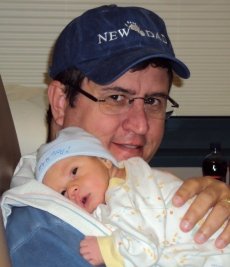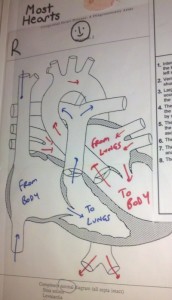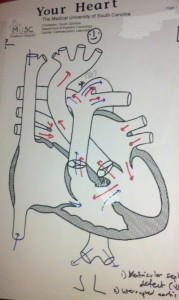Podcast: Play in new window | Download
Subscribe: RSS
 Dads, Marriage Counts and you need to take the lead in your home.
Dads, Marriage Counts and you need to take the lead in your home.
Get to know your wife and children better
- Love Languages Episode 13 Demonstrate Love to your wife
- Temperaments Episode 21
Lead devotions: We just started doing things different.
- Pray a simple prayer asking God to speak to you.
- Reading a chapter from a children’s bible.
- Pray and thank God and ask Him to fill your needs.
Be present
- Attend appointments (school, medical, etc) (Mom’s let dads help)
- Take your kids camping…even if in the back yard
- Go for a bike ride
Being a great husband even when you disagree
- No name calling
- Leave the past in the past
- LISTEN
- Keep your hands to yourself
- Allow a disagreement resolution to play out in from of the kids
Boys want to be like Daddy
Girls want to gain Dad’s approval
Facebook Page – http://www.facebook.com/DaddyLife
Levi’s Birthday Our youngest turned two on Memorial Day
Babywise Friendly Blog Segment
God’s Faithfulness Through Infertility
Subscribe to this podcast via iTunes or RSS:



















